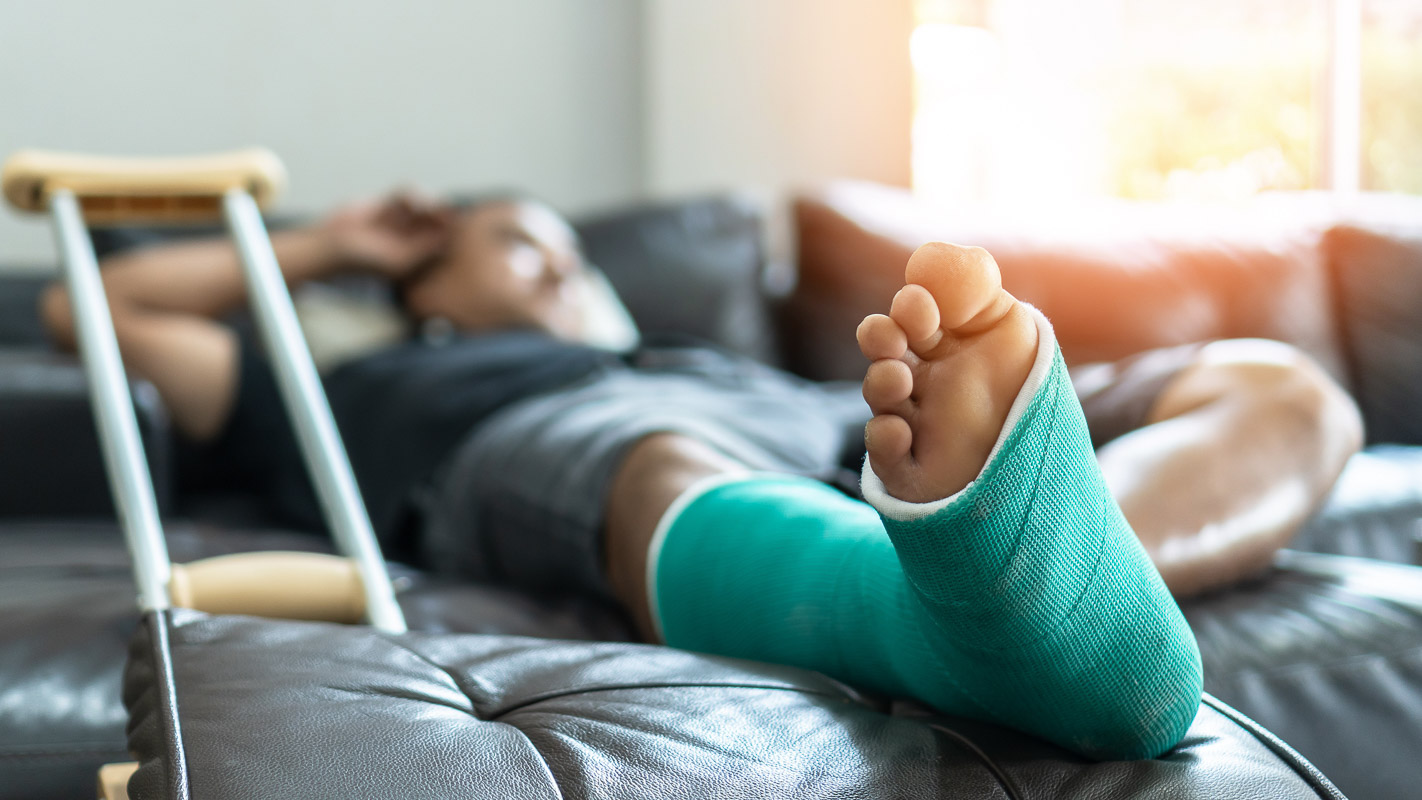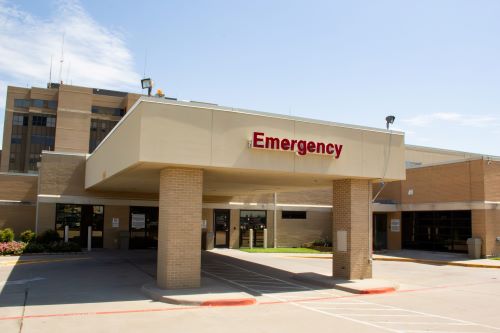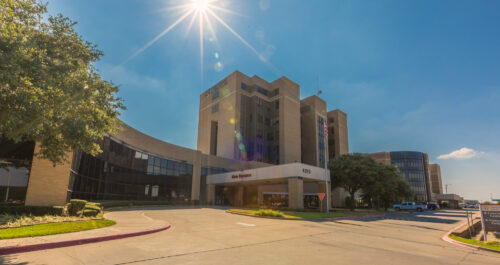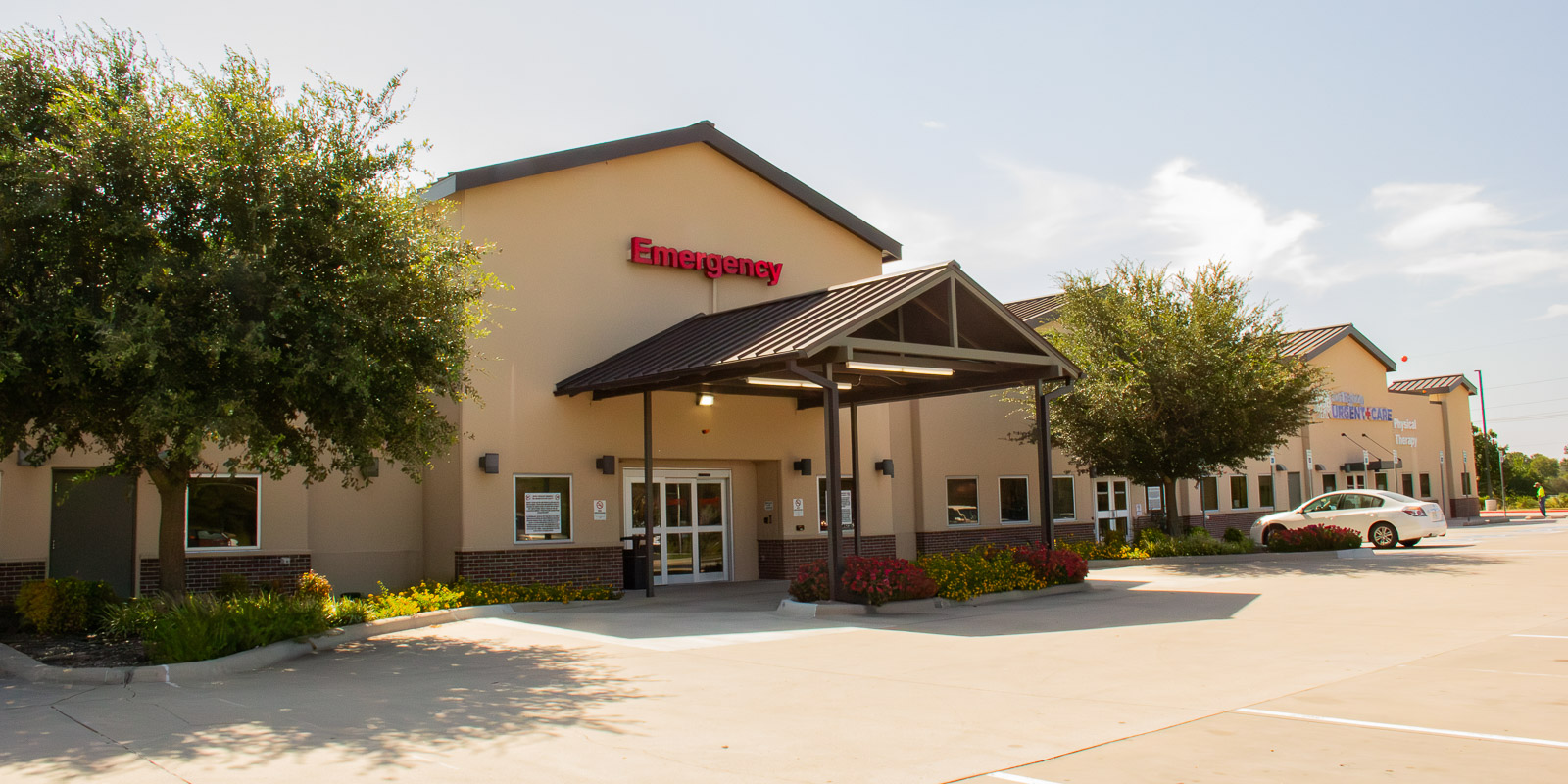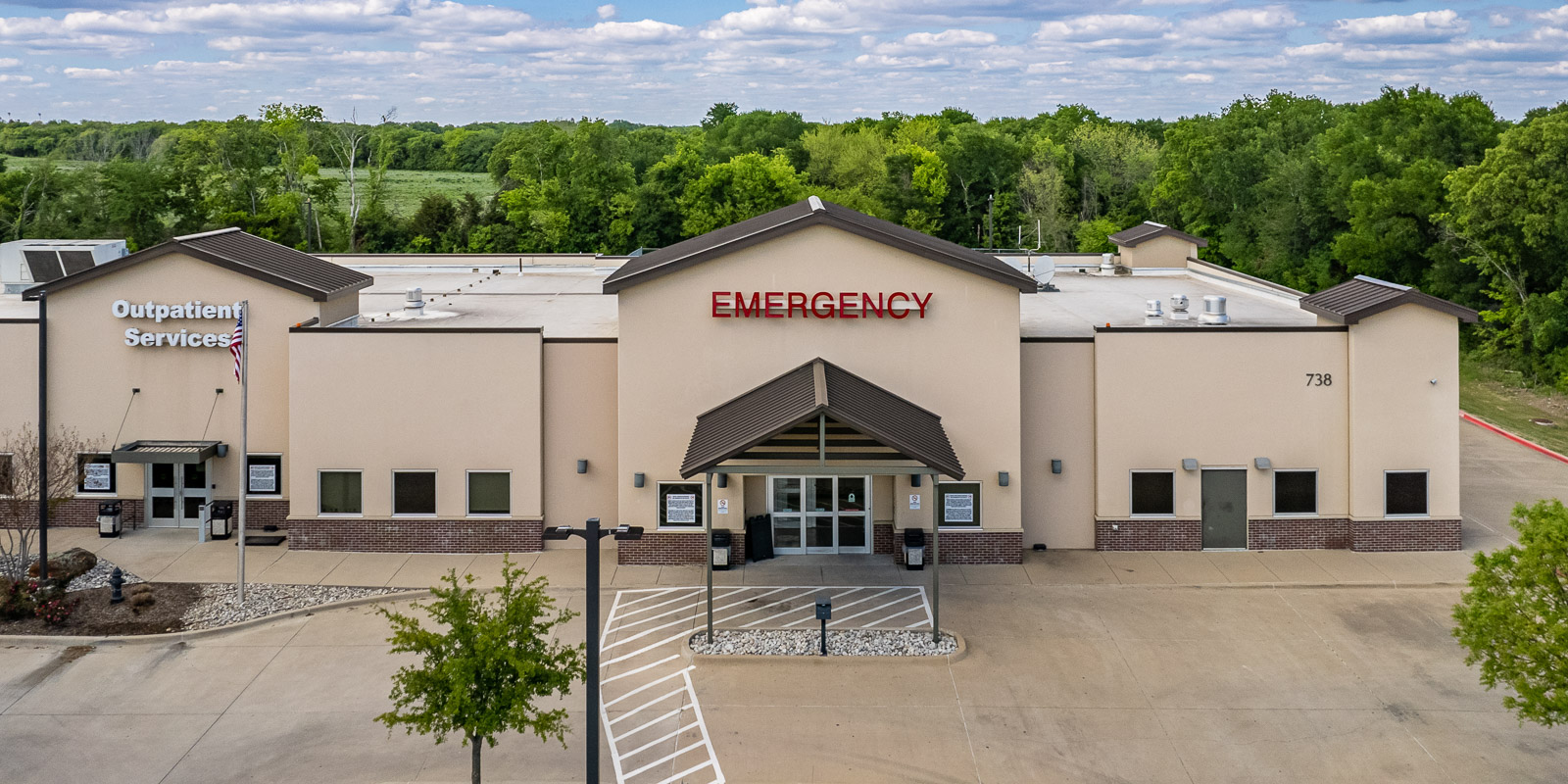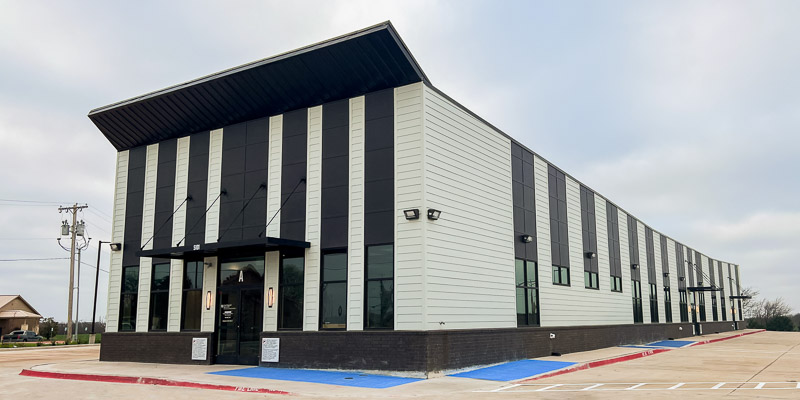About
Hunt Regional’s orthopedic trauma doctors are ready to care for any patient who may have a traumatic bone fracture or other orthopedic condition. Broken bones can be painful and can lead to other health problems if not properly treated, which is why we’re here to help correct the problem as quickly as possible.
Broken bones (fractures) happen to people of all ages. Most often, they occur due to an automobile accident, fall, or sports injury. When a bone fracture occurs, it is often considered a traumatic injury because it requires fast treatment. This is especially true if the fracture occurs in a larger bone, like the humerus (upper arm bone), femur (thigh bone), or tibia and fibula (lower leg bones), or if the broken bone breaks through the skin.
There are two primary types of fractures are open and closed:
An open fracture os when the broken bone goes through the skin and is often accompanied by bleeding.
A closed fracture, the more common type of fracture, is a broken bone that does not penetrate the skin.
Bone Fracture and Trauma Care Diagnostics and Testing
Orthopedic specialists may use a number of methods to determine if the symptoms do in fact point to a bone fracture. The most commonly used diagnostic tests for this situation are X-rays and bone scans.
An X-Ray is a noninvasive medical imaging test that allows the physician to clearly see the bone. It can be used to take images of any bone in the body – even the smallest ones like those found in the fingers and feet.
A bone scan is similar to an X-ray in that it’s a noninvasive test that allows the physician to see various parts of the body; however, a bone scan is a form of nuclear imaging. This means that radioactive materials called tracers are injected into the body through a vein. One of the benefits of a bone scan is that it allows the entire skeletal system to be scanned, if needed.
Bone Fracture and Trauma Care Treatment
A bone fracture needs to be diagnosed and treated immediately because it can lead to other health risks and complications, such as blood vessel injury and nerve damage, if left undetected and untreated. That’s why this type of injury is considered such a traumatic injury requiring immediate medical attention, often through a visit to an emergency room.
Your orthopedic trauma care specialist will work with you to decide the best course of treatment for your broken bone. They will most likely choose one of the following forms of treatment:
This type of orthopedic surgery involves the repositioning of bone fragments. The fragments are then held together with special screws, metal plates, or rods. It is most often used for shattered bones and severe fractures.
This procedure involves using a stabilizing frame to hold the bone fragments together. The orthopedic surgeon will put pins or screws around the broken bone. After that, the broken bone will be repositioned. Eventually, the external fixation device is removed, but sometimes, it may also require an internal fixation procedure as described above.
With this treatment option, the orthopedic surgeon aligns the broken bone using a pulling force applied through skin tapes or a metal pin. Sometimes, this is used as a first step to align the bones before another type of treatment is sought.
The fracture can’t heal if it’s not kept in place. These devices allow the broken bone to stay in one place so it can heal. Based on your injury, your orthopedic doctor will determine how long you need one of these devices and if it can be removed for special circumstances, like bathing or exercising.
These devices help provide mobility support so you don’t have to put all your body weight on the broken bone. Depending on where the fracture occurred, you may have to use a walker, cane or crutches to help you get around until the bone can bear weight.
Locations
Hunt Regional Medical Center Emergency Department
4215 Joe Ramsey Blvd., Greenville, TX 75401 | 903.408.5100
Hunt Regional Medical Center Greenville
4215 Joe Ramsey Blvd, Greenville, TX 75401 | 903.408.5000
Hunt Regional Emergency Medical Center at Commerce
2800 TX-24 Suite A, Commerce, TX 75428 | 903.886.3161
Hunt Regional Emergency Medical Center at Quinlan
738 E. Quinlan Pkwy., Quinlan, TX 75474 | 903.408.4800
Hunt Regional Specialists Orthopedics and Sports Medicine
5101 Wellington St., Suite A, Greenville, TX 75402 | 903.408.7768
